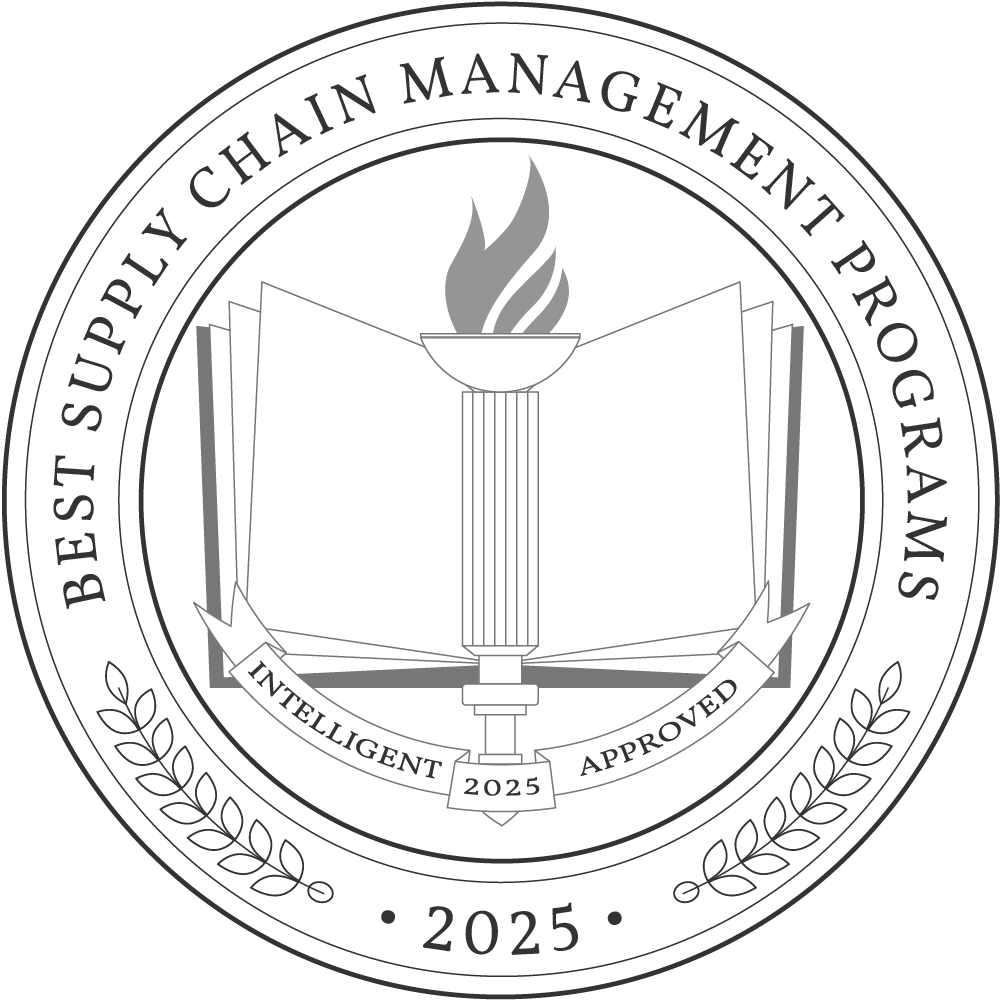A bachelor’s degree in supply chain management prepares students to enter a growing professional field. The Bureau of Labor Statistics projects 18% growth between 2022 and 2032 for supply chain managers alone, with other career options available as well. Graduates can gain employment as operations managers, purchasing agents, distribution managers, quality control systems managers, and logistics and supply chain consultants. Exact salaries depend on the industry, location, and experience, but the median pay is $77,520 per year.
Most supply chain management degree programs require four years of full-time study and 120 to 126 credits to complete. The average yearly cost for tuition and fees is $14,688.
Why Trust Us
The Intelligent.com Higher Education Team is dedicated to providing students with independent, equitable school and program rankings and well-researched resources. Our expert-driven articles cover topics related to online colleges and programs, paying for school, and career outlooks. We use data from the U.S. Department of Education’s College Scorecard, the National Center for Education Statistics, and other reputable educational and professional organizations. Our academic advisory team reviews content and verifies accuracy throughout the year for the most current information. Partnerships do not influence rankings or editorial decisions.
- Analyzed over 2,000 national, accredited, and nonprofit colleges and universities
- 800+ rankings pages are reviewed and updated yearly
- Content is informed by reputable sources, surveys, and interviews with academic advisors and other experts
- Over 100 data points are reviewed for accuracy and quality throughout the year, including sources
How we rank schools
Our list features the best Supply Chain Management degree programs at top colleges nationwide. Each school featured is a nonprofit, accredited institution — either public or private — with a high standard of academic quality for post-secondary institutions.
We evaluated each school’s program on tuition costs, admission, retention and graduation rates, faculty, reputation, and the student resources provided for online students. We collected data from trusted sources like the National Center for Education Statistics, individual school and program websites, school admissions counselors, and other data sources. Then, we calculated the Intelligent Score on a scale of 0 to 100 based on the following criterion:
Academic Quality:
- Admission rate versus enrollment rate
- Retention rate of students who return after year one
- Accreditation status (regional and programmatic)
- Nonprofit status, both private and public institutions
Graduation Rate
- Overall graduation rate
- Total number of currently enrolled students, including diversity metrics
- Student-to-faculty ratio
Cost and ROI
- In-state and out-of-state per-credit tuition rates and fees
- Required credits to graduate
- Earning potential after graduation
- Availability of federal student loans, scholarships, and other financial aid options
Student Resources
- Available student services for online-only and hybrid programs
- On-campus amenities like tutoring centers and the number of libraries
Read more about our ranking methodology.
Best 38 Supply Chain Management Degree Programs
FiltersInstitution Type
Status
- Intelligent Score
- Alphabetically By University Name
- Acceptance Rate
- Enrollment
- In-state Graduate Tuition
- Out-of-state Graduate Tuition
- In-state Undergraduate Tuition
- Out-of-state Undergraduate Tuition
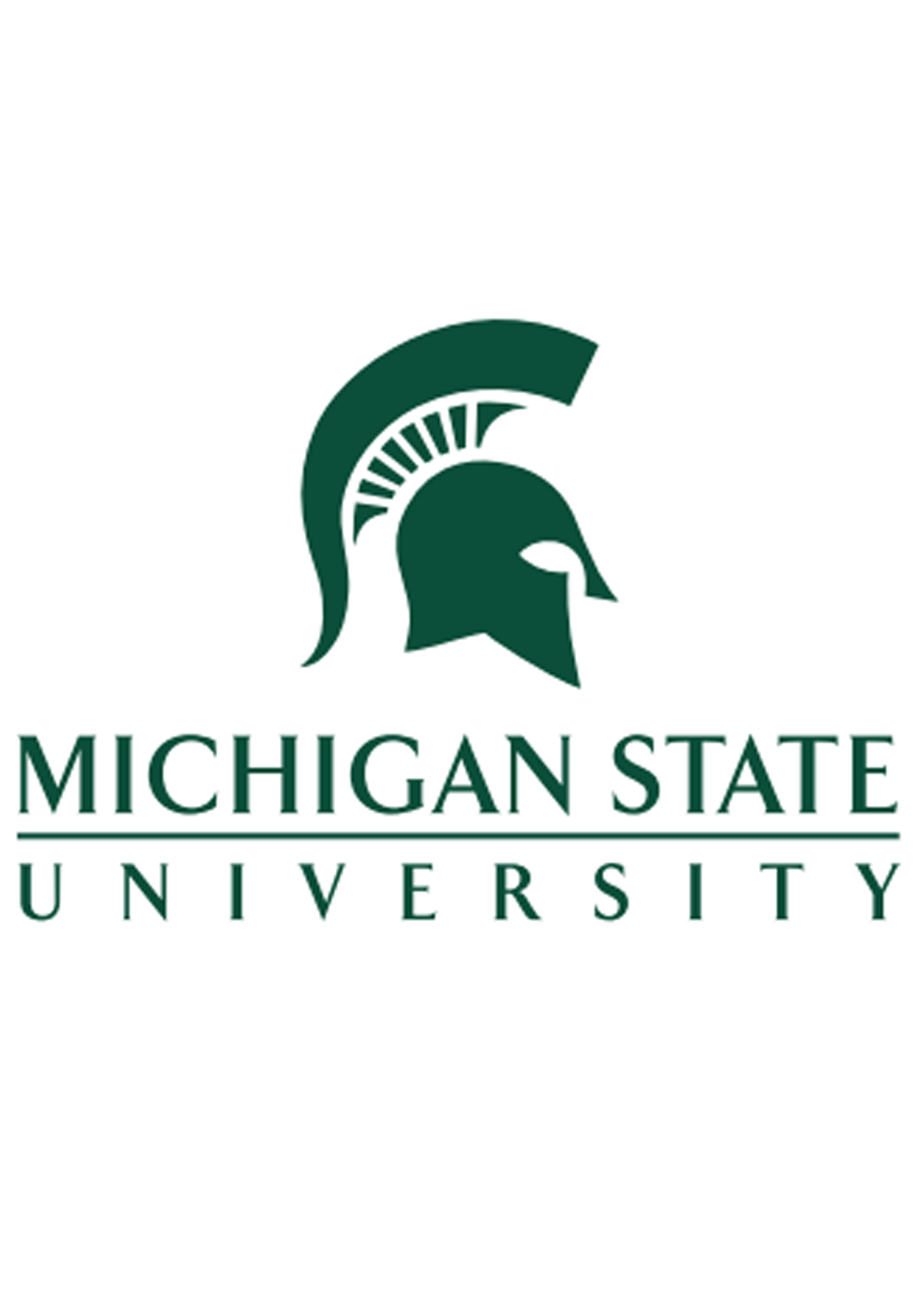
Michigan State University
Intelligent Score: 99.94In-state: $15,555
Out-of-state: $40,384
In-state: $18,858
Out-of-state: $18,858
SAT: 1100-1300
ACT: 23-29
In-State: $521
Out-of-State: $1,434
On-Campus
Association to Advance Collegiate Schools of Business
120

Arizona State University
Intelligent Score: 99.69In-state: $10,710
Out-of-state: $28,800
In-state: $11,720
Out-of-state: $11,720
SAT: 1100-1320
ACT: 21-28
In-State: $808
Out-of-State: $1,310
On-Campus, Online
Association to Advance Collegiate Schools of Business
120

The University of Tennessee, Knoxville
Intelligent Score: 99In-state: $11,332
Out-of-state: $28,522
In-state: $11,468
Out-of-state: $11,468
SAT: 1140-1303
ACT: 25-31
In-State: $378
Out-of-State: $759
On-Campus
Association to Advance Collegiate Schools of Business
120

The University of Texas at Austin
Intelligent Score: 97.98In-state: $11,448
Out-of-state: $40,032
In-state: $12,028
Out-of-state: $12,028
SAT: 1210-1470
ACT: 26-33
In-State: $565
Out-of-State: $2,029
On-Campus
Association to Advance Collegiate Schools of Business
120

University of Michigan
Intelligent Score: 97.34In-state: $16,520
Out-of-state: $53,669
In-state: $24,344
Out-of-state: $24,344
SAT: 1340-1520
ACT: 31-34
Resident: $755
Non-Resident: $2,191
On-Campus
Association to Advance Collegiate Schools of Business
120

University of Arkansas
Intelligent Score: 97.29In-state: $7,568
Out-of-state: $24,056
In-state: $7,752
Out-of-state: $7,752
SAT: 1090-1280
ACT: 23-29
In-State: $255
Out-of-State: $899
On-Campus
Association to Advance Collegiate Schools of Business
120

Texas A&M University
Intelligent Score: 96.73In-state: $8,395
Out-of-state: $36,849
In-state: $6,775
Out-of-state: $6,775
SAT: 1160-1380
ACT: 26-32
In-State: $676
Out-of-State: $1,618
On-Campus
Association to Advance Collegiate Schools of Business
120

University of Illinois Gies College of Business
Intelligent Score: 96.07In-state: $14,317
Out-of-state: $33,824
In-state: $15,016
Out-of-state: $15,016
SAT: 1200-1460
ACT: 27-33
In-State: $599
Out-of-State: $1,215
On-Campus
Association to Advance Collegiate Schools of Business
124

University of Maryland
Intelligent Score: 95.15In-state: $8,824
Out-of-state: $34,936
In-state: $13,158
Out-of-state: $13,158
SAT: 1270-1480
ACT: 30-34
In-State: $412
Out-of-State: $1,613
On-Campus
Association to Advance Collegiate Schools of Business
120
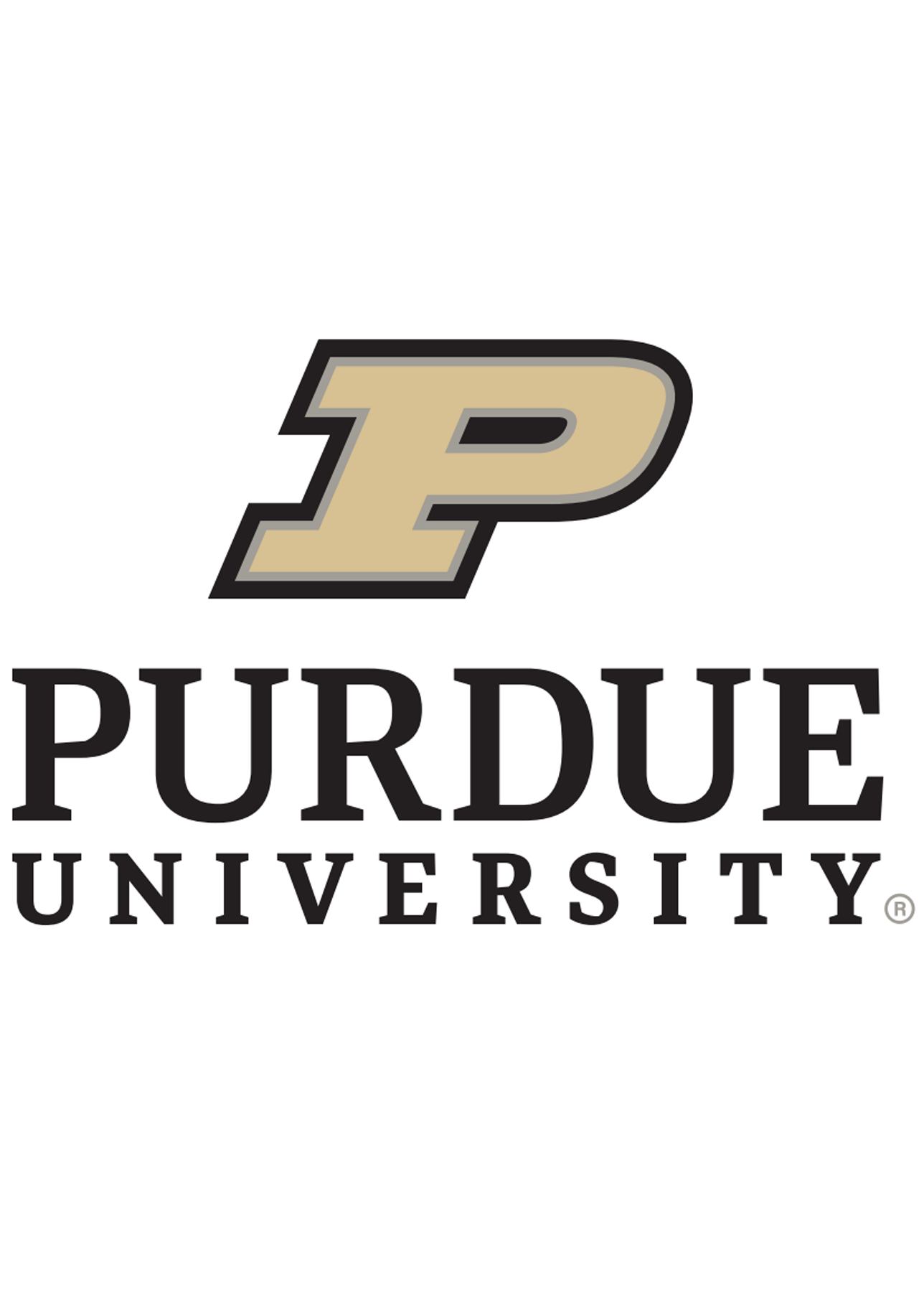
Purdue University
Intelligent Score: 93.53In-state: $9,208
Out-of-state: $28,010
In-state: $9,208
Out-of-state: $9,208
SAT: 1170-1420
ACT: 25-33
In-State: $527
Out-of-State: $1,127
On-Campus
Association to Advance Collegiate Schools of Business
120

Lehigh University
Intelligent Score: 93.04In-state: $54,790
Out-of-state: $54,790
In-state: $27,000
Out-of-state: $27,000
SAT: 1260-1433
ACT: 29-33
$2,550
On-Campus
Association to Advance Collegiate Schools of Business
120
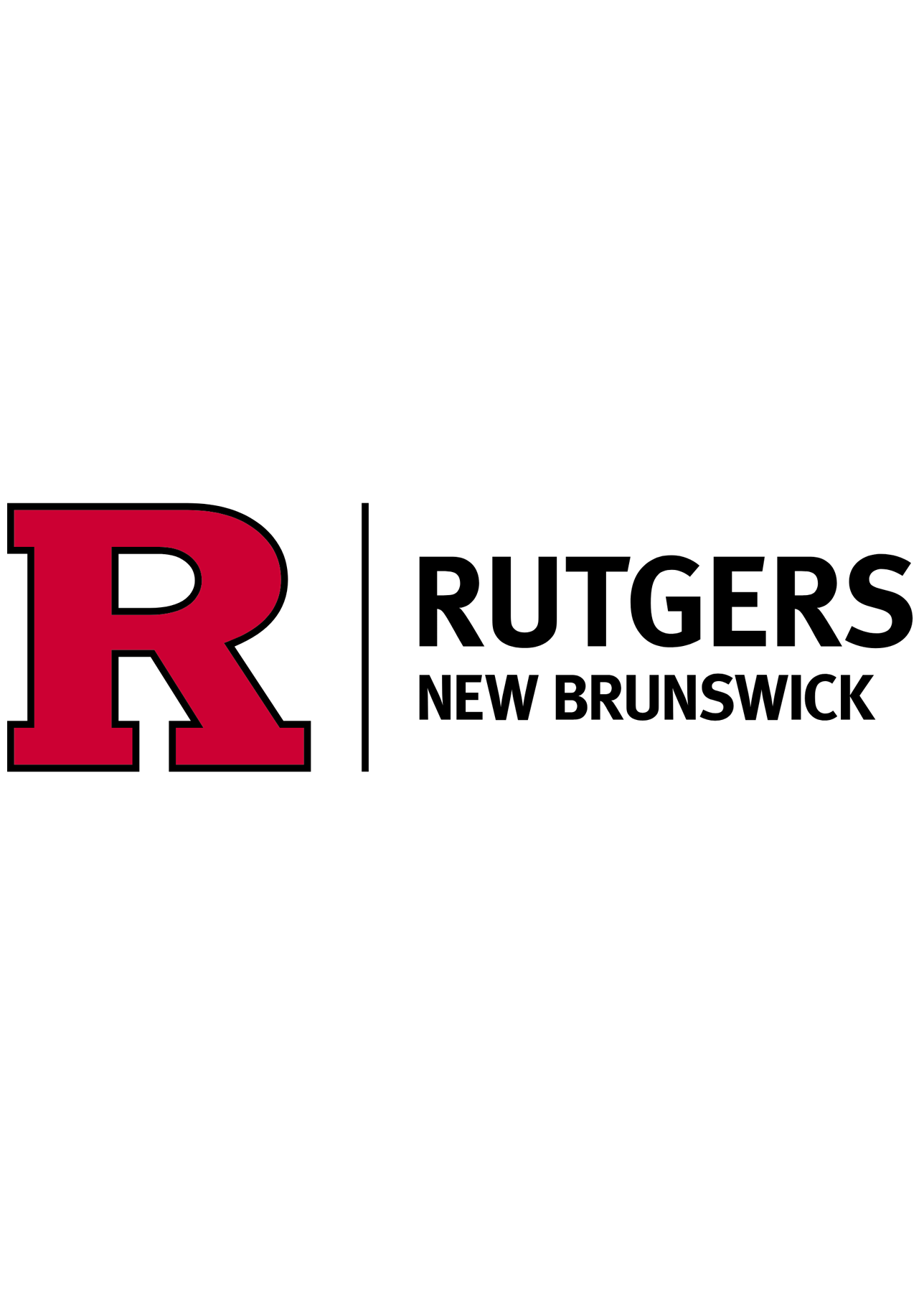
Rutgers University - New Brunswick
Intelligent Score: 92.91In-state: $12,230
Out-of-state: $29,012
In-state: $17,736
Out-of-state: $17,736
SAT: 1180-1410
ACT: 25-32
Resident: $441
Non-Resident: $1,054
On-Campus
Association to Advance Collegiate Schools of Business
120

Syracuse University
Intelligent Score: 91.91In-state: $53,432
Out-of-state: $53,432
In-state: $40,392
Out-of-state: $40,392
SAT: N/A
ACT: N/A
$1,841
On-Campus
Association to Advance Collegiate Schools of Business
122
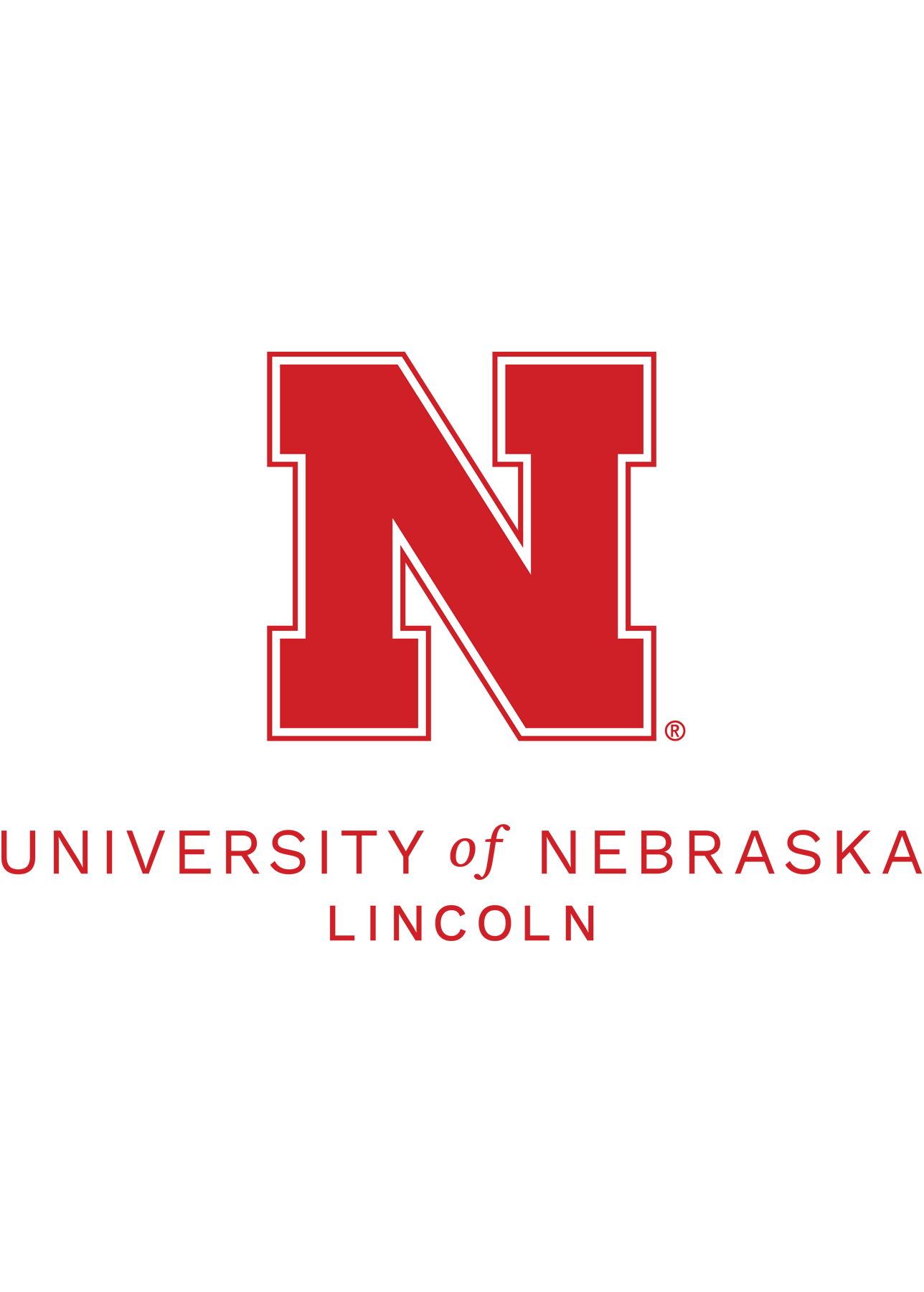
University of Nebraska - Lincoln
Intelligent Score: 91.53In-state: $7,770
Out-of-state: $24,900
In-state: $6,138
Out-of-state: $6,138
SAT: 1110-1320
ACT: 22-28
In-State: $332
Out-of-State: $1,064
On-Campus
Association to Advance Collegiate Schools of Business
120
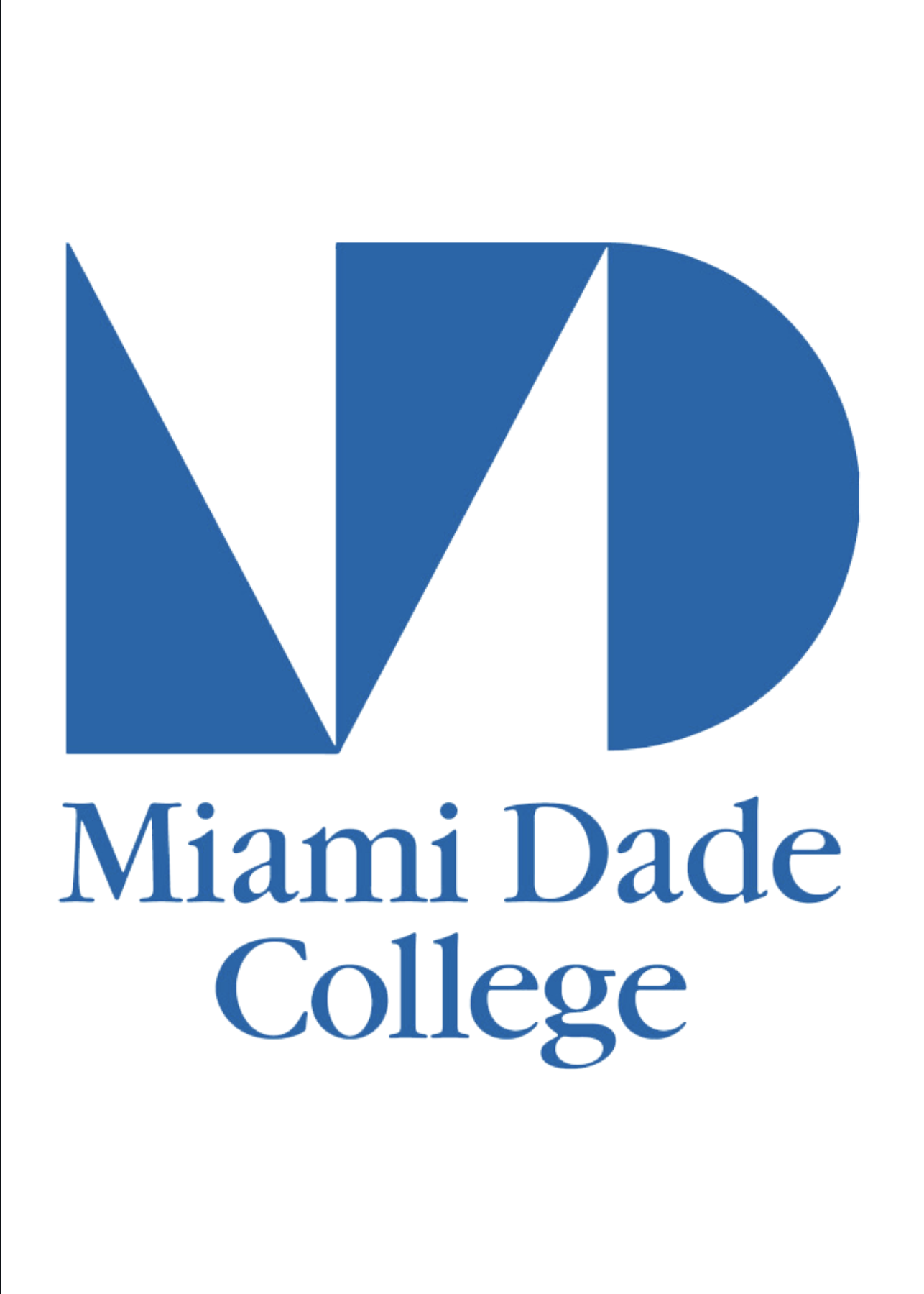
Miami Dade College
Intelligent Score: 91.41In-state: NA
Out-of-state: NA
In-state: NA
Out-of-state: NA
SAT: N/A
ACT: N/A
In-State: $91
Out-of-State: $448
On-Campus
Association to Advance Collegiate Schools of Business
120

University of Houston - Downtown
Intelligent Score: 89.76In-state: $8,449
Out-of-state: $20,665
In-state: $8,539
Out-of-state: $8,539
SAT: 1120-1310
ACT: 22-28
In-State: $245
Out-of-State: $665
On-Campus
Association to Advance Collegiate Schools of Business
120
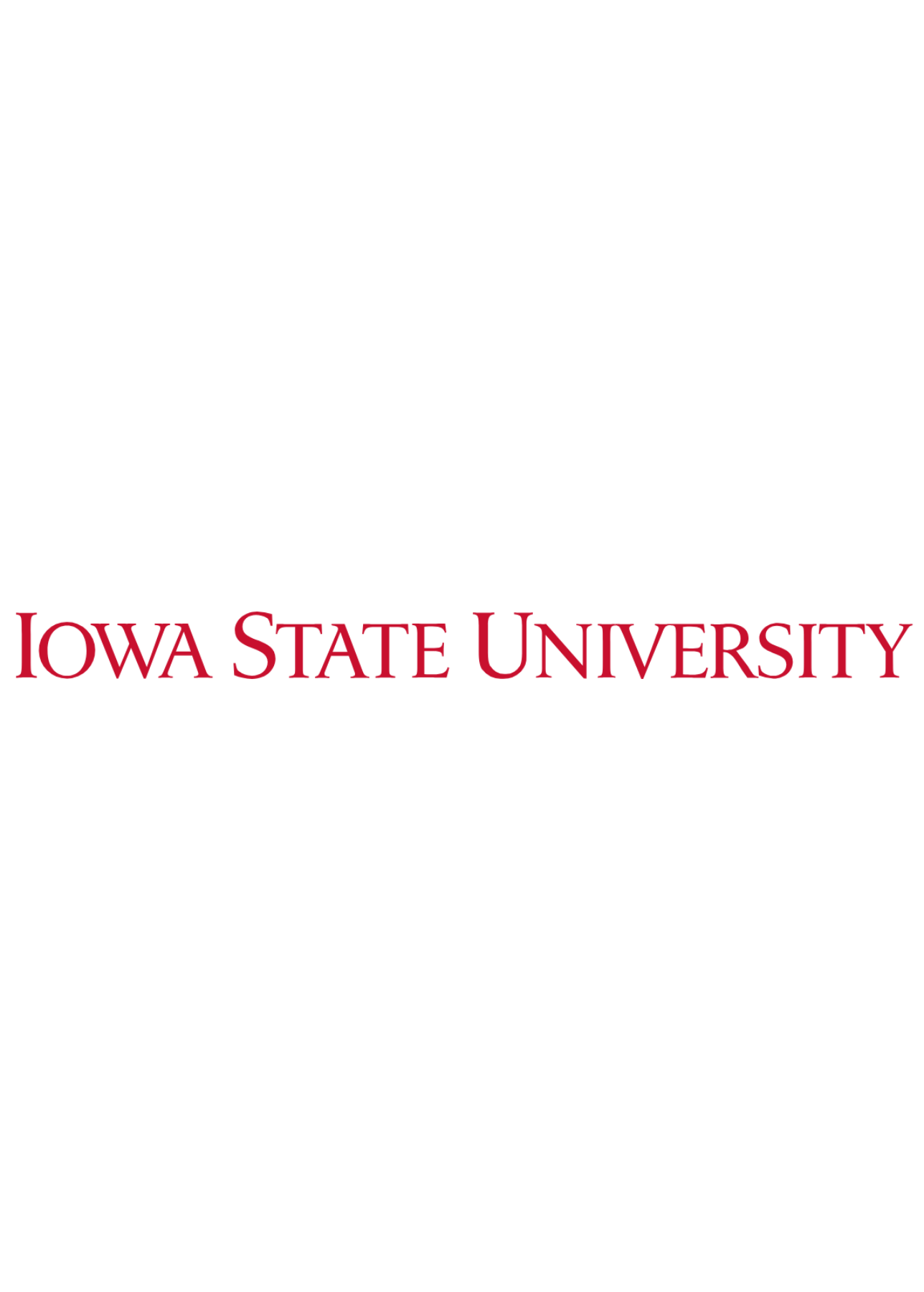
Iowa State University
Intelligent Score: 89.36In-state: $8,042
Out-of-state: $23,230
In-state: $9,758
Out-of-state: $9,758
SAT: 1010-1310
ACT: 21-28
In-State: $376
Out-of-State: $1,091
On-Campus
Association to Advance Collegiate Schools of Business
122
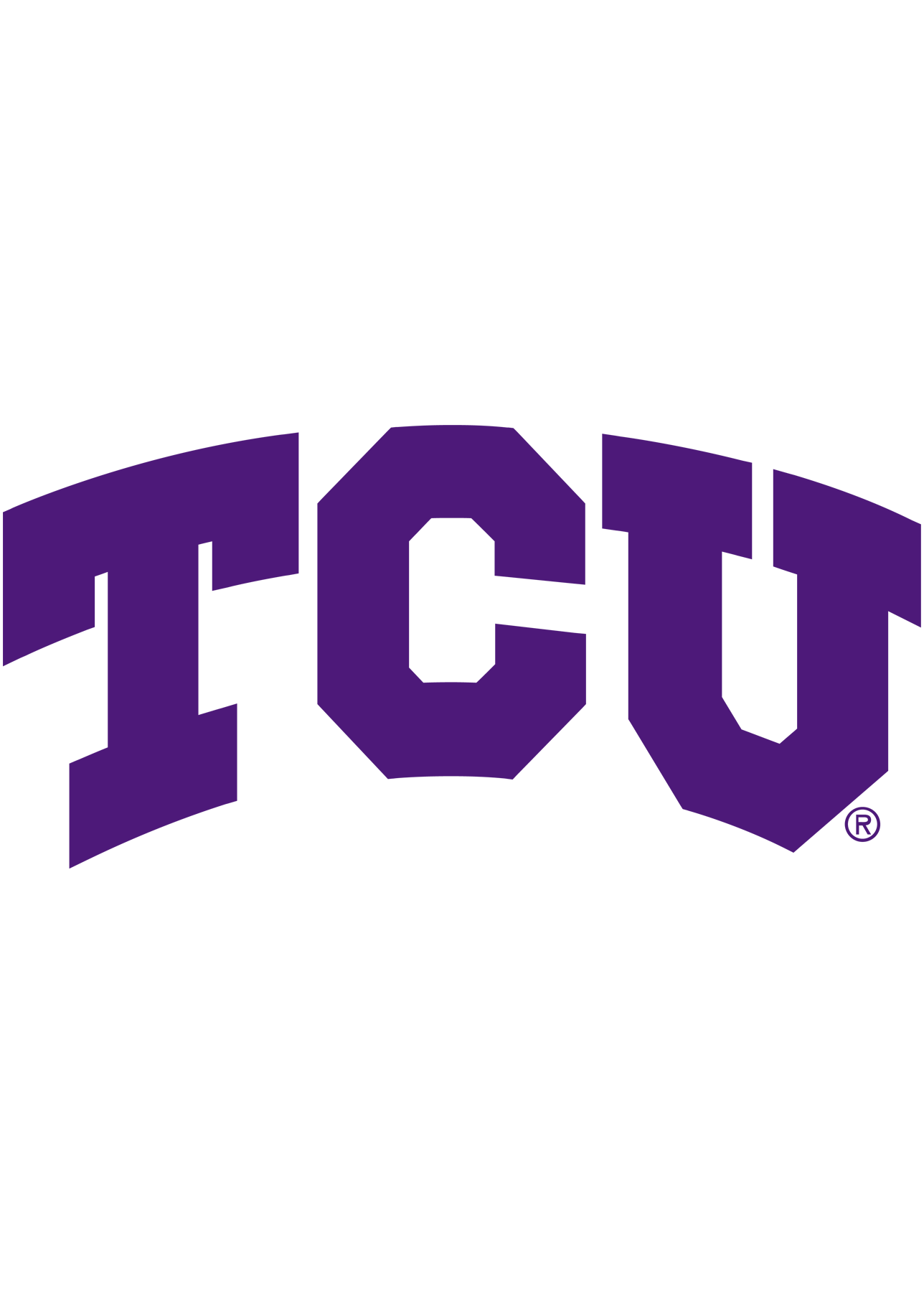
Texas Christian University
Intelligent Score: 88.8In-state: $51,570
Out-of-state: $51,570
In-state: $32,220
Out-of-state: $32,220
SAT: 1110-1320
ACT: 25-31
$1,485
On-Campus
Association to Advance Collegiate Schools of Business
121-127
How to Choose a Supply Chain Management Degree Program
Choose your area of study
To choose your area of study, identify your career goals, and consider your interests, strengths, and the job market. For supply chain management, degree options are:
- Bachelor of Science (BSc) — Logistics and Supply Chain Management: Focuses on the foundations of supply chain management, with attention to various theoretical, analytical, and technological frameworks and academic research. Graduates can pursue consulting, operations management, and many other careers.
- Bachelor of Applied Science (BASc) — Logistics and Supply Chain Management: Targets career-focused skills and theoretical application. Students may complete internships and work co-ops that prepare them for roles like operations manager or quality control systems manager.
- Bachelor of Business Administration (BBA): Some BBA programs offer a supply chain management specialization, in which students focus on problem-solving, organizational goals, and other aspects of supply chain management.
Keep the end goal in mind when selecting your degree, and consider what each program can offer you in terms of career trajectory and earnings. Some programs focus more on work co-ops and practical experience more than others, which can be helpful in securing a job after graduation.
Various degree programs also offer students the opportunity to minor or specialize in topics like global supply chain management, sustainability risk management, advanced analytics, and risk management. Public and private institutions also usually have large average tuition gaps, which can be a major factor if your scholarships, grants, or other funds are limited.
Program logistics vary and offer certain advantages, depending on the student’s needs. For instance, a part-time schedule may suit those who are already in the workforce and are updating their qualifications, but it can extend the time it takes to complete a bachelor’s degree program. Online education can allow for additional accessibility, flexibility, and sometimes lower costs, but students may miss out on the benefits of a hands-on experience and face-to-face interactions with classmates and instructors.
Research schools and programs
As you research supply chain management degree programs, look for accredited institutions. Accreditation ensures schools and programs meet high educational standards — and many employers and postsecondary institutions won’t recognize a degree from a school that’s not accredited. For supply chain management degree programs, look for accreditation from the Association to Advance Collegiate Schools of Business and the Accreditation Council for Business Schools and Programs.
To narrow your search, outline factors you value in your university experience, such as location, housing options, and student amenities. Learn more about potential schools by visiting their website, official social media channels, and student association social channels to get a sense of the culture. Speak to admissions counselors and tour the campuses of your top choices, or opt for a virtual tour or webinar if available.
Prepare for tests and applications
Most supply chain management programs follow general admission requirements, including academic transcripts, a personal essay, a resume, letters of recommendation, and extracurricular activities. They usually require SAT or ACT test scores — but those that don’t will still consider your scores if you submit them with your application. Application requirements vary by school — if you have questions, talk to an admissions counselor, who can provide you with specific details.
Select your program
If multiple institutions have accepted your application, it’s time to choose the best one for you. Compare program costs, living expenses, coursework, and grant and scholarship opportunities. Consider other aspects of the school that are important to you, such as sports and extracurricular activities, student amenities, alumni organizations, and job placement opportunities.
Choose the school that best supports your career goals — talk to an educational advisor if you’re having trouble deciding among programs.
Determine how you’ll pay for your degree
In addition to tuition and fees, you’ll need to cover expenses like books and materials, housing, transportation, and living expenses. If you need financial aid, fill out and submit the Free Application for Federal Student Aid (FAFSA) to determine whether you qualify for need-based financial assistance in the form of loans, scholarships, grants, and other options. See if your employer offers tuition reimbursement, and research organizations in the supply chain management industry to see if they offer scholarships or grants. You can also apply for private loans to help you pay for your degree. Speak with your school’s financial aid officer for information about other funding opportunities.
What Can You Expect From a Supply Chain Management Degree Program?
A degree in supply chain management prepares students to improve supply chain and logistics processes and directly impact an organization’s bottom line. Graduates will come away with a functional understanding of business modeling and forecasting, transportation logistics, purchasing and inventory management, and many other skills. In addition to building critical-thinking skills necessary for analyzing logistics and supply chain management, students also develop leadership skills and an understanding of how ethics, culture, and diversity intersect with the global economy.
During a four-year, full-time supply chain management degree program, students may complete internships and capstone projects to develop hands-on skills and real-world experience. Many programs offer networking and academic connection opportunities, such as regular development meetings, mentorships, student case competitions, and industry conferences.
Potential courses you’ll take in a supply chain management degree program
- Economics: Courses in economics, including microeconomics and macroeconomics, examine the economic factors that affect a business. Students learn how to apply factors such as price determination, regulation, production costs, opportunity cost, market structure, inflation, unemployment, and more to planning and decision-making in supply chain management.
- Logistics and Transportation Management: Courses on transportation logistics explore the methods for distributing and warehousing products, including various models for warehouse layout and function. In addition to learning about terms of trade, international trade, and freight forwarding, students explore topics like unloading and loading practices, cargo security, and hazardous materials and dangerous goods protocols.
- Inventory Management: This course introduces students to managing and strategizing their approach to product demand. Topics may include manufacturing and distribution planning, warehousing, materials management, inventory control, and operational functions.
- Business Law: Courses in business law cover federal and global applications. Students gain an understanding of fundamental business processes for dealing with legal, policy, regulatory, social, and other issues that intersect with the supply chain.
- Business Finance: Business finance courses teach students to interpret financial statements, strategize management of capital structure, analyze profit planning, and examine the cost of capital. Other financial management topics include liquidity vs. profitability, asset management, and investment decisions.
Supply Chain Management Degree Frequently Asked Questions
How do I apply to a supply chain management degree program?
Applying to a supply chain management degree program typically starts at your chosen institution’s website. The school’s admissions page outlines basic requirements, such as transcripts and application fees, and the program page should include other special requirements.
Admissions requirements vary by institution and program, but most require an essay or personal statement, academic transcripts, letters of recommendation, and either SAT or ACT scores. Speak with an admissions counselor to verify accurate information, proper documentation, and other requirements.
How much does a supply chain management degree cost?
On average, a bachelor’s degree costs $14,688 per year for tuition and fees, and room and board costs an additional $12,985 for a total of $27,673 per year. The total cost of your degree depends on whether you attend a public or private institution, the cost of living in the area, the number of credits required for graduation, and whether you’re an in-state or out-of-state student.
Program logistics, such as in-person or online classes, full-time or part-time studies, or a hybrid study model, can also affect total costs. Include housing, food, transportation, and other living expenses in your education budget.
How long does it take to earn a supply chain management degree?
A bachelor’s degree in supply chain management usually requires about four years of full-time study. Across core and elective courses, programs typically require between 120 and 126 credits for graduation. Internships and work studies may influence how long the program takes to complete.
Part-time studies can increase the program length by several years, but not all programs permit part-time schedules. Likewise, online courses can offer flexibility but aren’t available with all programs.
